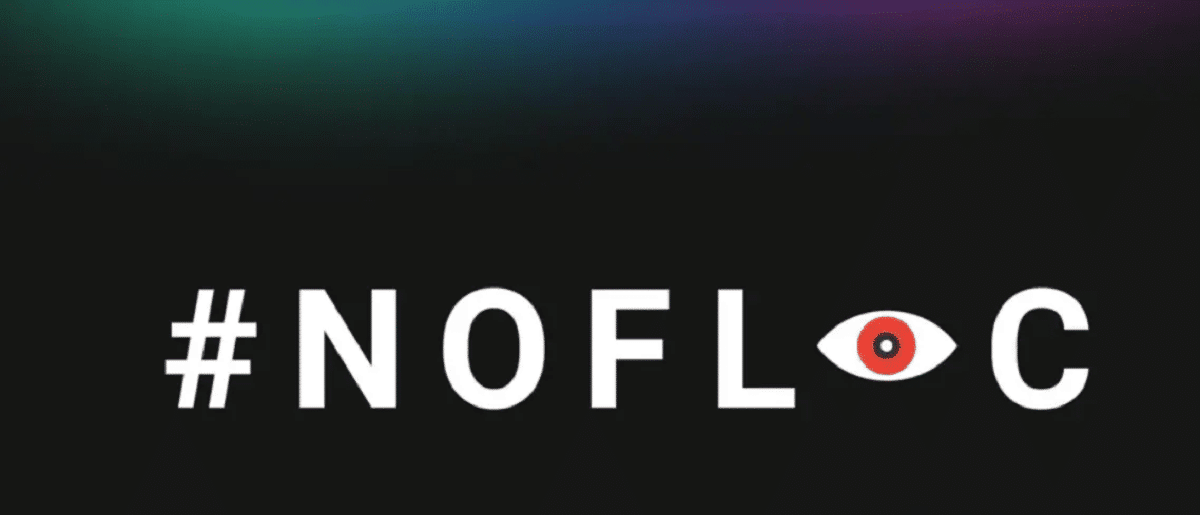
In several articles that we have shared here on the blog we have already talked about FLoC which is a technology from Google that basically exchanges individual user tracking and fingerprinting for identification group (cohort) based on similar browsing histories of members of that group.
flock put people into groups based on similar browsing behaviors, which means that only "cohort IDs" and not individual user IDs are used to target them. Web history and algorithm entries are saved in the browser, and the browser displays only one "cohort" containing thousands of people.
In January 2020, Google said it was giving itself two years to block third-party cookies, a common way for businesses to track people on their Chrome browser. Google's plan is to prevent adware companies and other organizations from connecting your browser cookies to non-operating websites:
“After an initial dialogue with the web community, we are confident that with continued iteration and feedback, privacy mechanisms and open standards such as the Privacy Sandbox can support a healthy, ad-supported web in a way that will make third-party cookies are obsolete. Once these approaches meet the needs of users, publishers, and advertisers, and develop the tools to mitigate solutions, we plan to phase out third-party cookie support in Chrome. Our intention is to do it in two years. But we cannot do it alone, and that is why we need the ecosystem to participate in these proposals. We plan to begin the first tests of origin later this year, starting with conversion measurement and continuing with customization.
To do it, Chrome editor proposed federated learning cohorts (FLoC) which is part of the privacy sandbox. Chrome engineers have worked with industry on a larger scale, including web standards organization W3C, on Sandbox insights that Google and other ad tech players have come up with. According to Google, some of these ideas are likely to be further explored.
After that, various brands and renowned groups ran against FloC and in response to industry reaction, Google has decided to delay the removal of third-party cookie support from Chrome. Many browsers now block third-party tracking cookies, but Google wasn't going to intervene without first protecting its business model, especially with FLoC. Nevertheless, in the face of chain reactions, both from industry players and politicians (e.g. the EU survey targeting Google's ad technology services), Google says "it has become clear that it takes more time across the ecosystem to achieve this."
Google has claimed to have received "substantial comments" from the web community after your first FLoC test, and now it will take a little longer that the mechanism be implemented on a large scale. Google says this "will allow enough time for public debate on appropriate solutions, continued engagement with regulators, and for publishers and the advertising industry to migrate their services." While FLoC is Google's main argument for a user tracking ad cookie override, it is not their only option. The company said that "Chrome and others have made more than 30 submissions, and four of those submissions are available on Origin Trials."
Google has updated its monthly privacy program of the sandbox to show that the company postponed FLoC testing from Q2021 2022 (announced in July) until Q2022 XNUMX. Testing the FLEDGE API, Chrome's new proposal to help advertisers redirect advertising without third-party cookies on the web are also being delayed and will not take place until the first quarter of XNUMX.
Google now plans to roll out FLoC to browsers by the end of 2022 (the green segment in the roadmap below), then the third-party cookie support phase in late 2023, over a period of 3 months.
The "Discussion" period, initially scheduled to end in the third quarter of 2021, during which "technologies and their prototypes are discussed in forums such as GitHub or W3C groups", has been extended until the end of the fourth quarter of 2021. This It also impacts the estimate of when testing is expected to end, which now changes from the end of the second quarter to the end of the third quarter of 2022.
Additionally, testing of APIs in the category of 'measure digital advertising' has also been postponed to Q2022 XNUMX.
Source: https://www.privacysandbox.com/